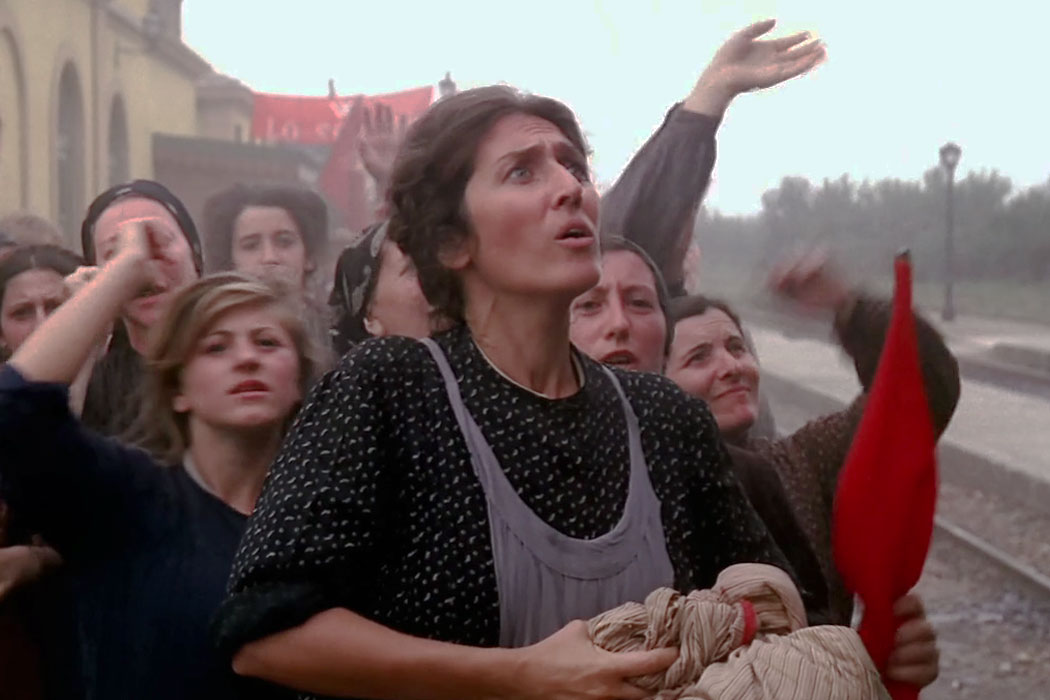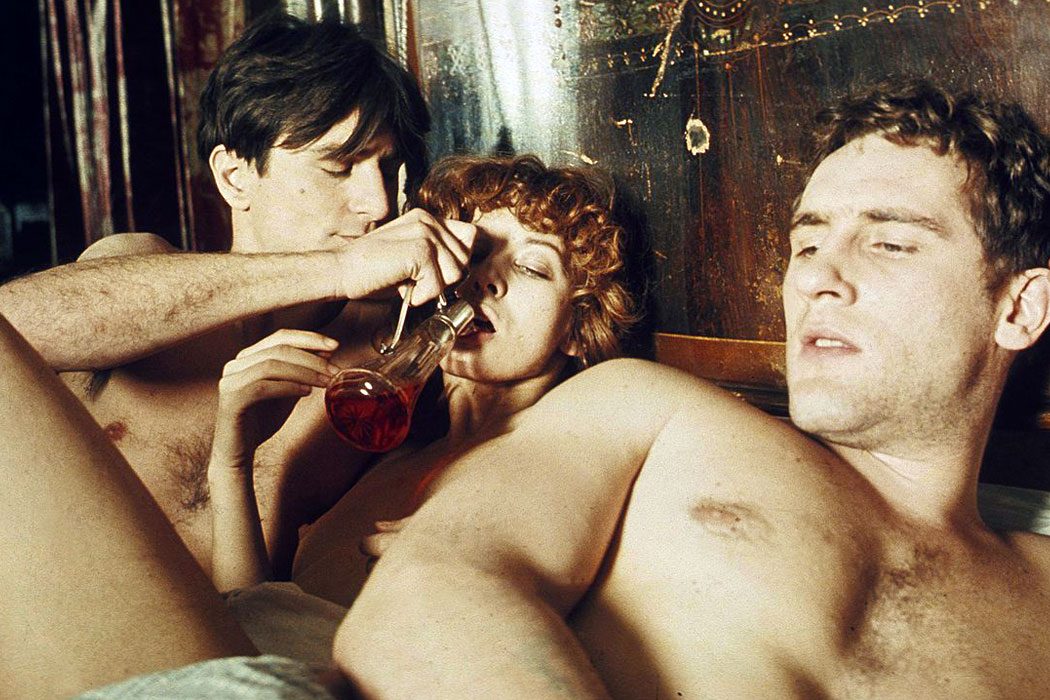Bernardo Bertolucci’s 1900 ((Novecento in Italian) is a five-hour epic historical drama telling the story of the director’s ancestral region of Emilia in Italy from 1900 to the liberation in1945. Starring Roberto De Niro, Gérard Depardieu and Dominique Sanda it was made in 1976 just after De Niro made the The Godfather Part II and Taxi Driver, although the American here is overshadowed both in terms of character and performance by his European co-stars.
The film is overshadowed too by the director’s indulgence. The shoot lasted eleven months and shows signs of sprawl and self-importance and needs rigorous editing. There are though many interesting and memorable set pieces in this film, which is seldom seen and is probably due a reissue and a re-evaluation.
In the early days of Channel 4 in the UK, 1900 was given a high-profile TV screening over two nights and perhaps it’s just the kind of European movie audiences need now, with its contentious themes of workers rights and the rise of fascism.
Like The Godfather series this movie is more easily digested at more than one sitting. Like The Godfather too many of the memorable set pieces stay in the mind long after first viewing. There’s a forceful love scene in a barn between De Niro and Sanda, intercut with a Blackshirt attack on a community hall where many peasants are burned to death. Naked passion and naked political hatred are forever boiling to the surface, between landlords and their maltreated farm workers and between friends and family too.
At one point a pig is slaughtered and its entrails removed in the normal peasant manner – the director’s way of showing us the casual brutality of ordinary life. He dwells too on the casual brutality of right wing fascists personified by Donald Sutherland’s bloodthirsty Attila, who casually kills a cat and later moves on to the brutal sexual assault and murder of a young boy and a litany of casual murders and frame-ups. The later capture of Attila and his partner Regina by peasant women wielding pitchforks is another one of the film’s lasting moments.
Bertolucci says his intention was ‘to find a way to let reality enter into the film.’ 1900 is worth your attention, if you can find it, although it could have done with a little less brutal reality, a little more art and a much more forceful editor.
Luger











